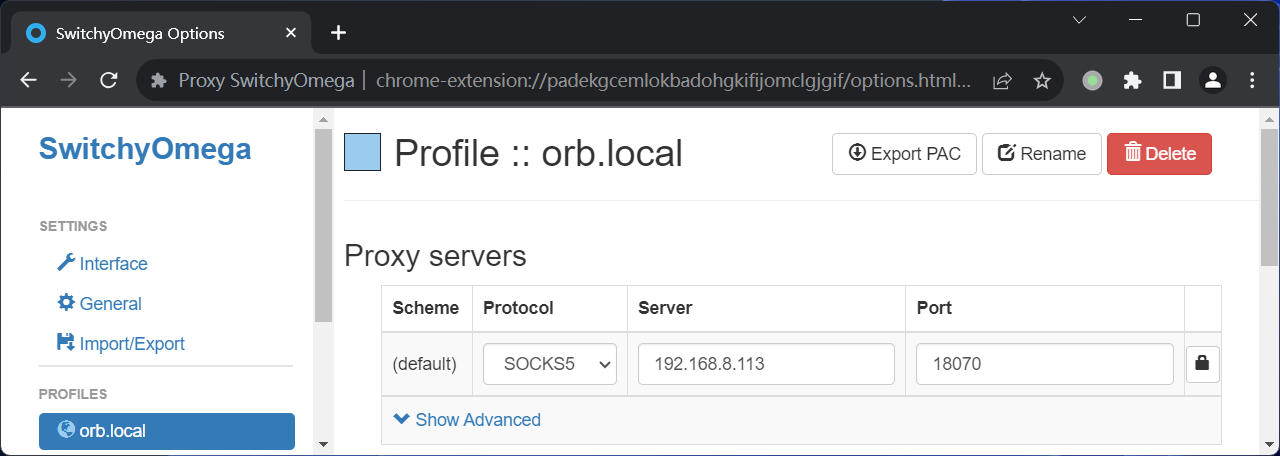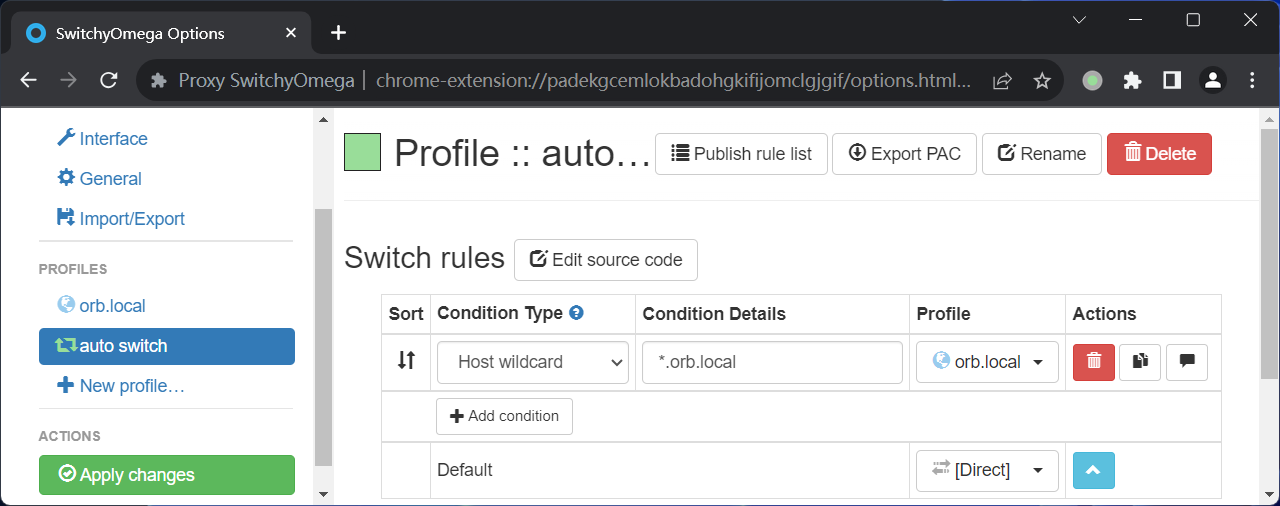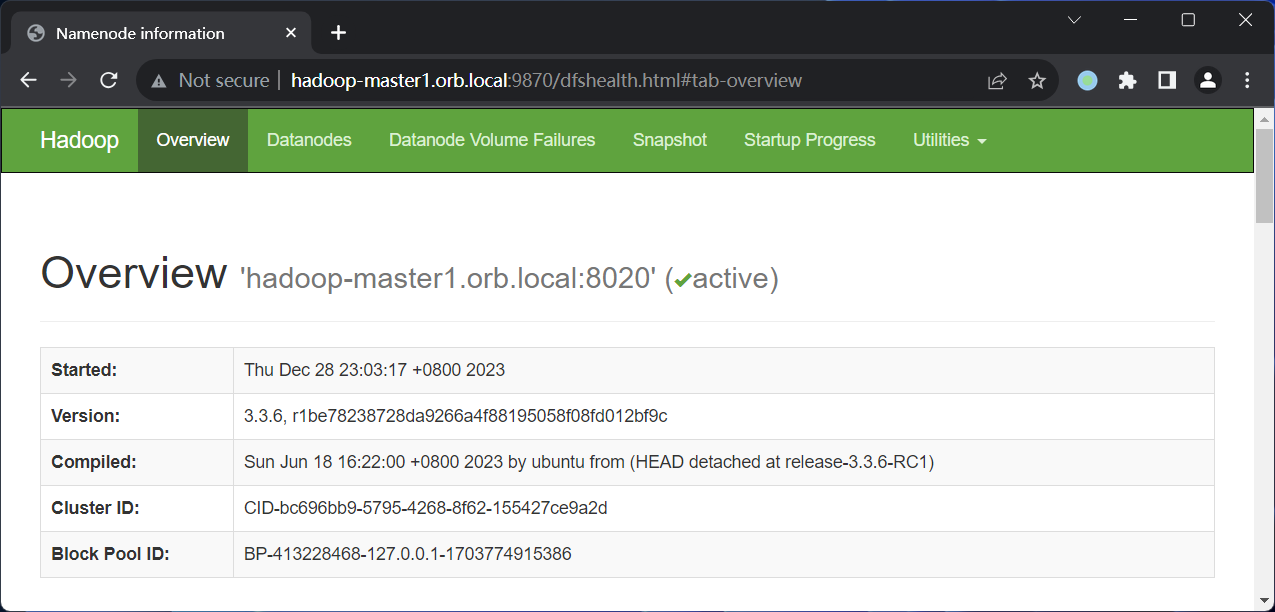This serves as a testing sandbox for Hadoop, equipped with fundamental components of the Hadoop ecosystem to facilitate the rapid establishment of test environments.
The supported components are listed below:
- Hadoop (3.3.6)
- Hive (2.3.9)
- Iceberg (1.4.2)
- Hudi (0.14.1)
- Kyuubi (1.8.0)
- Spark (3.4.2)
- Flink (1.18.1)
- Trino (436)
- ZooKeeper (3.8.3)
- Ranger (2.4.0)
- Grafana (9.5.2)
- Prometheus (latest)
- Loki (2.8.0)
- Kafka (2.8.1)
- MySQL (8.0)
- JDK 8 (1.8.0.392, default)
- JDK 17 (17.0.9)
- JDK 21 (21.0.1)
Download all required artifacts, which will be used for building Docker images.
This scripts will download a large amount of artifacts, depending on your network bandwidth,
it may take a few minutes or even hours to complete. You can also download them manually and
put them into the download directory, the scripts won't download them again if they already
exist.
./download.sh
Build docker images
./build-image.sh
Run the testing plagground
docker compose up
For macOS users, it's recommended to use OrbStack as the container runtime. OrbStack provides an out-of-box container domain name resolving feature to allow accessing each container via <container-name>.orb.local.
For other platforms, we provide a socks5 server in a container named socks5, which listens 18070 port and is exposed to the dockerd host by default, you can forward traffic to this socks server to access services run in other containers.
For example, to access service in Browser, use SwitchyOmega to forward traffic of *.orb.local to <dockerd-hostname>:18070.
Once the testing environment is fully operational, the following services will be accessible:
- Grafana: http://grafana.orb.local:3000
- Prometheus: http://prometheus.orb.local:9090
- Kyuubi UI: http://hadoop-master1.orb.local:10099
- Spark History Server: http://hadoop-master1.orb.local:18080
- Flink History Server: http://hadoop-master1.orb.local:8082
- Hadoop HDFS: http://hadoop-master1.orb.local:9870
- Hadoop YARN: http://hadoop-master1.orb.local:8088
- Hadoop MapReduce JobHistory: http://hadoop-master1.orb.local:19888
- Ranger Admin: http://hadoop-master1.orb.local:6080 (admin/Ranger@admin123)
- Trino Web UI: http://hadoop-master1.orb.local:18081 (admin/)
- Add more components, such as LDAP, Kerberos, Flink, HBase, etc.
- This project is in very early stage, and the current way is not flexiable enough to support various testing scenarios. For example, there is no switch to turn on/off each components by configuration. To address such issues, we may want to leverage the template engine like Ansible plus Jinja2 to generate the docker-compose.yml file and configuration files for each component, so that user could easily customize the testing environment by modifying the configurations.



